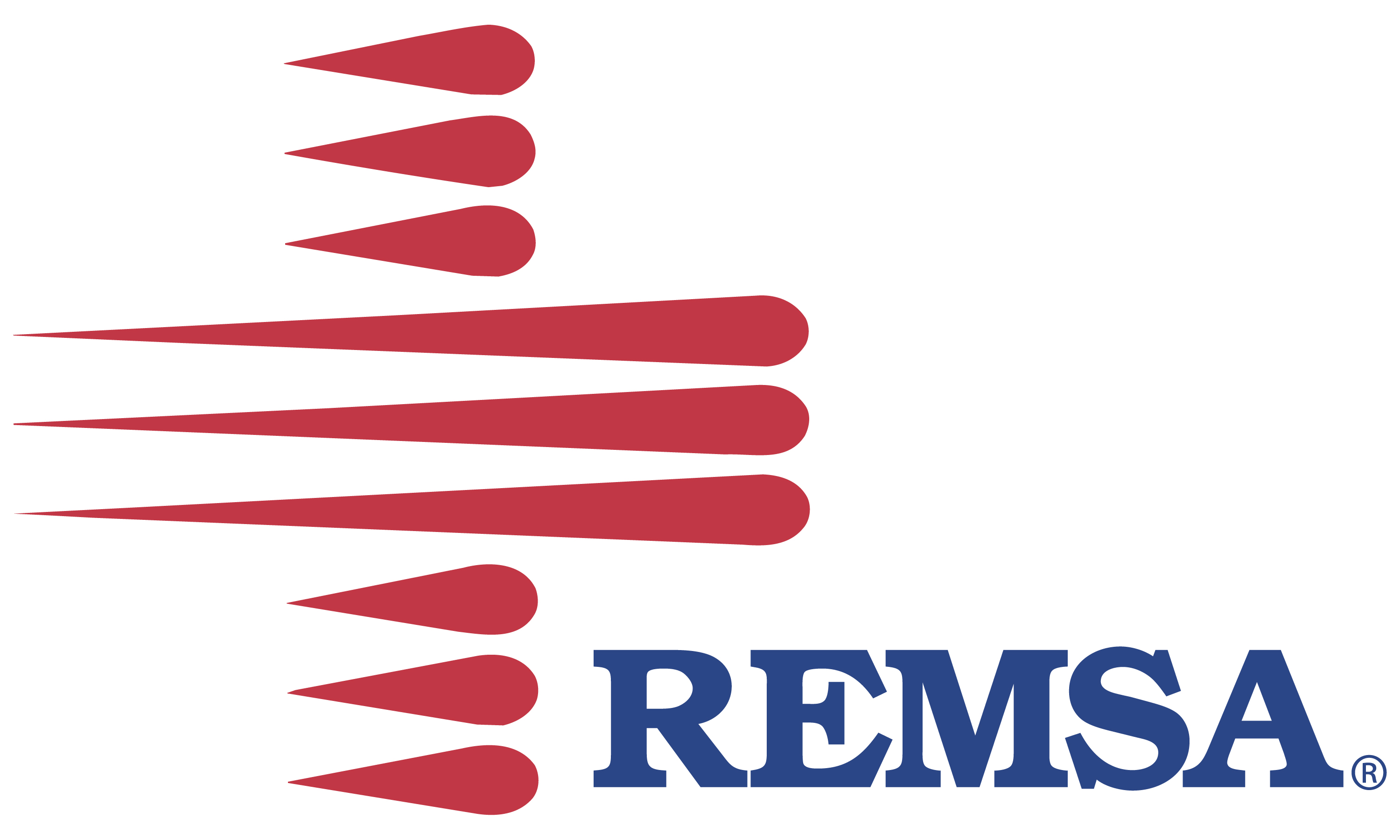REMSA Releases Comprehensive White Paper on its Nationally Acclaimed Community Health Programs

REMSA, the Regional Emergency Medical Services Authority based in northern Nevada, has released a new comprehensive White Paper that provides detailed information on its highly successful Community Health Programs. These nationally-acclaimed programs were launched in 2012 after REMSA received funding through a $9.1 million Health Care Innovation Award grant from the Center for Medicare & Medicaid Innovation, part of the U.S. Department of Health and Human Services.
The White Paper describes the planning, implementation and results of REMSA’s approach created via the grant to achieve the goals of the Institute for Healthcare Improvement’s Triple Aim: improving the quality and experience of care, improving the health of populations and reducing the per capita cost of healthcare.
The programs effectively targeted underserved populations in the region, reported high levels of patient satisfaction, created new levels of partnerships with other entities in the region and achieved an 84 percent return on investment (ROI).
The three interventions developed as part of REMSA’s Community Health Programs were:
Nurse Health Line: a non-emergency phone number that provides 24/7 access to nurse navigators who could assess, triage and refer Northern Nevada residents to healthcare and community services.
Alternative Destination Transports: paramedics conduct advanced assessments of 911 patients with low-acuity medical conditions and provide alternative pathways of care other than transport to a hospital-based emergency department, including transport to urgent care centers and clinics, a detoxification center, or mental health hospitals.
Community Paramedicine: specially trained community paramedics perform in-home delegated tasks and point-of-care lab tests to improve the transition from hospital to home and improve care plan adherence.
The comprehensive, integrated system created by these three interventions offered new referral and treatment pathways to ensure the safest and most appropriate care for patients with low-acuity medical conditions.
Key technology partners made the Triple Aim interventions at REMSA successful:
- First Watch, for performance measurement and program outcomes
- Zoll, a patient-centered community paramedic electronic medical record
- Priority Solutions, for evidence-based protocols for nurse triage of low acuity calls
The strategy to measure the results of the program was developed in collaboration with the University of Nevada, Reno School of Community Health Sciences. In addition, the program was independently evaluated by RTI International as part of the HCIA performance monitoring initiative.
The White Paper was made available at the EMS World Expo on October 16 and will also be the focal point of a November 1 webinar hosted by EMS1, and featuring Brenda Staffan, COO of REMSA, and previously director of the Community Health Programs at the time of their creation at REMSA. To register for the webinar, visit www.ems1.com.
The White Paper can be downloaded here at no cost. All that is required is the requester’s name, email address, agency affiliation and optional phone number.
